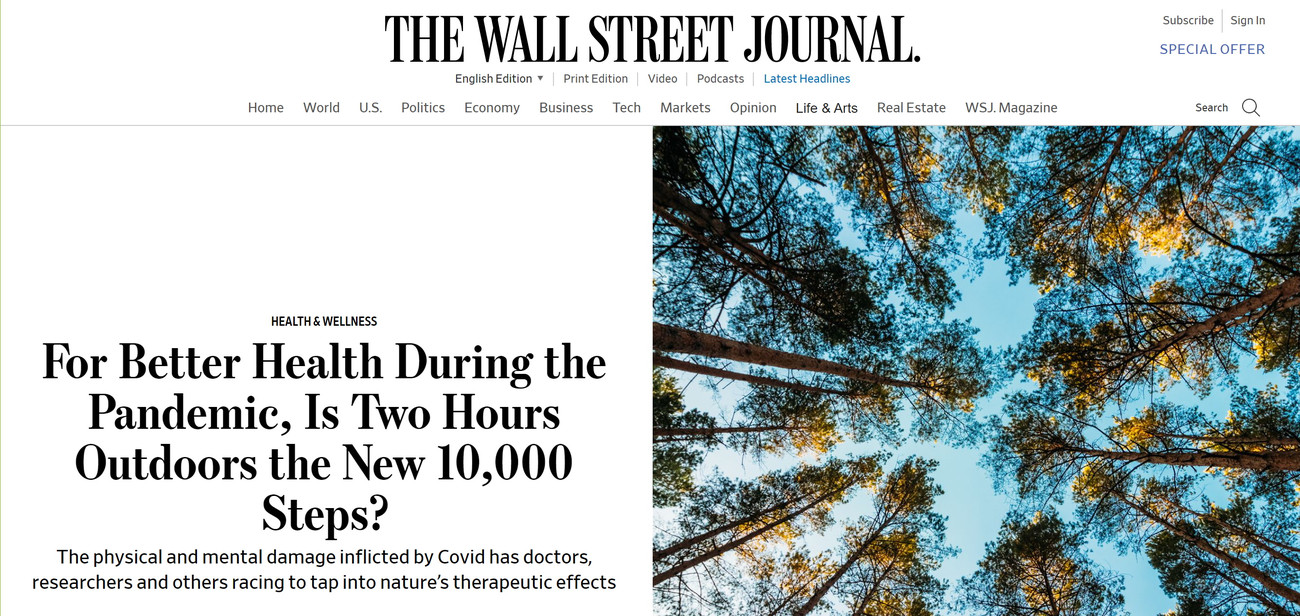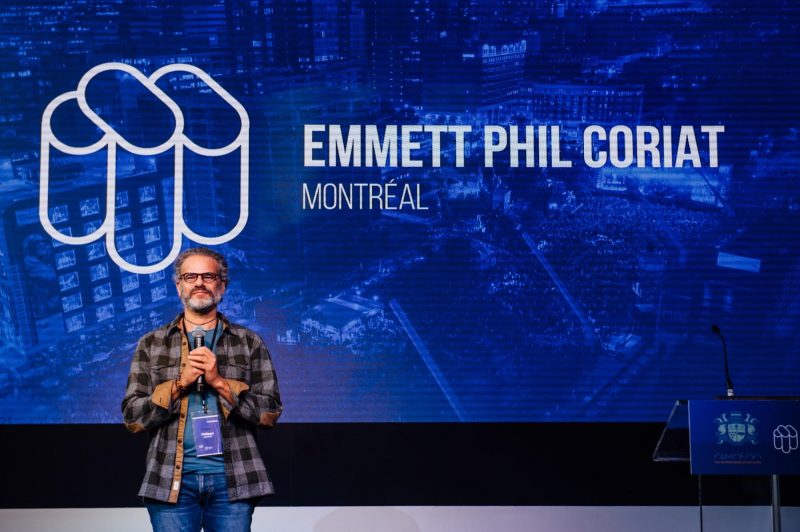The Covid-19 pandemic has tremendously challenged our resilience and our healthcare systems. Thankfully, biotechnological innovation will apparently save humanity with vaccines.
But there is another killer epidemic, a silent one, that will not disappear with vaccines: neurocognitive disability caused by stress, anxiety and burnout.
A 2016 WHO mental health report was speaking of the greatest health epidemic of the 21st century, with, on a global scale, 615 million people affected and $1 trillion in annual productivity loss.
But despite these astounding figures, mental health was still viewed as a taboo topic in the workplace
Then in 2019, WHO officially recognized Burnout as a medical diagnosis, finally giving a legitimate voice to this epidemic and in 2020, Covid hit.
And it all started to change.
With a July 2020 study reporting that up to 70% of workers in the USA are reporting burnout symptoms, it is estimated that the stress and burnout epidemic has now claimed more than one billion people.
Companies cannot ignore mental health anymore.
But how did we get there?
In the 1980’s the Biophilia hypothesis suggested that humans are hardwired to connect with Nature. Without Nature connection, people seem to be more disease-prone, as observed in cities.
In 2021, it has been scientifically proven by more than 900 publications that when our five senses reciprocate with “active ingredients” in Nature, deep restoration of our health happens.
And this only proves what indigenous peoples have known for thousands of years…
As Humans, we thrived and pushed the limits of our development thanks to our sensory awareness in Nature.




